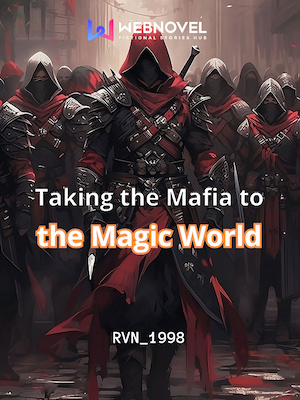Chapter 128: The Jovial Kings
When the news of Robespierre losing his head reached Toulon, Joseph had just completed all the tests for his new ship. The ship's performance was outstanding in every aspect, with one minor issue - it was now rendered obsolete.
The message was personally delivered by Napoleon himself.
"Joseph," he said, "Are the carriages ready for your departure?"
"Everything is prepared," Joseph replied. "A four-wheeled carriage and a detachment of cavalry. I've asked Lecleire to escort you. You should leave immediately."
"Very well," Joseph said. "Wait here; I need to collect something before I go."
Joseph went inside and changed into travel-friendly attire. He emerged carrying a large chest.
"What's in there?" Napoleon inquired.
"Some experimental data," Joseph replied. "It's valuable. Keep it safe, don't lose it or let the little ones get their hands on it."
"I understand. I won't even let Lucien see it," Napoleon assured.
"Better not let him know at all," Joseph emphasized. "Napoleon, what I meant earlier is, you should also avoid looking..."
Joseph was in a hurry to return to Paris for a reason.
Carnot was unyielding in his stance, even resorting to threatening to resign.
In Robespierre's time, Carnot had often butted heads with the Committee but was tolerated due to his indispensable abilities. Robespierre had even omitted Carnot's name from the list of individuals who had been secretly meeting with Fouche, except for one - Carnot. Robespierre knew that Carnot was indispensable, and he possessed some political cunning, even in his wildest moments.
However, the Jovial Kings were not as lenient. With Carnot obstructing their path, they had him removed from the Committee, which was a severe blow to his authority and influence.
With Carnot gone, the new "Committee of Public Safety" quickly passed resolutions to eliminate anything blocking their path to wealth. Thus, before Joseph arrived in Paris, the Military Technology Research Institute became a ruin. The contents were divided among the Jovial Kings, and as for the researchers, they had no intentions of paying for the group of scientists. Instead, they generously "donated" these experienced high-level researchers to society.
Lavasie also regained his freedom, while his guard, Charles, ended up in prison. Life's fortunes were strange and ever-changing, but Charles should adapt to prison life quite well.
With his newfound freedom, Lavasie discovered that his property had been seized by Robespierre and his associates. His movable assets were gone without question, but Lavasie had lost several immovable properties. He searched everywhere and spent a considerable sum, but none of his real estate was returned. Fortunately, with his status, Lavasie managed to secure a decent job at the University of Paris, which he now depended on to support his family.
The various military technologies from the institute were shared without charge with the newly prosperous arms factories. This included even the technology for nitrocellulose. The leak of these technologies became inevitable, and some factory owners suggested selling "petite melons" to neutral countries interested in buying them in exchange for other goods to alleviate France's economic hardships.
This proposal faced staunch opposition from Carnot, but his influence and authority were no longer what they used to be. Despite his protests, the bill passed smoothly. However, the law included a crucial clause: "Prohibited from selling to non-neutral countries."
This gave rise to a new trading method in Europe. Ships would hoist the flag of a neutral country, transport goods to France, exchange them for "Bonaparte's little melons," and then take the cargo to England, Spain, or Italy to sell to the anti-French coalition countries.
Initially, the trade was dominated by English and Italian merchants, but they were soon overtaken by a more competitive group of businessmen - the French.
By the time Joseph arrived in Paris, he was confronted with this new reality.







